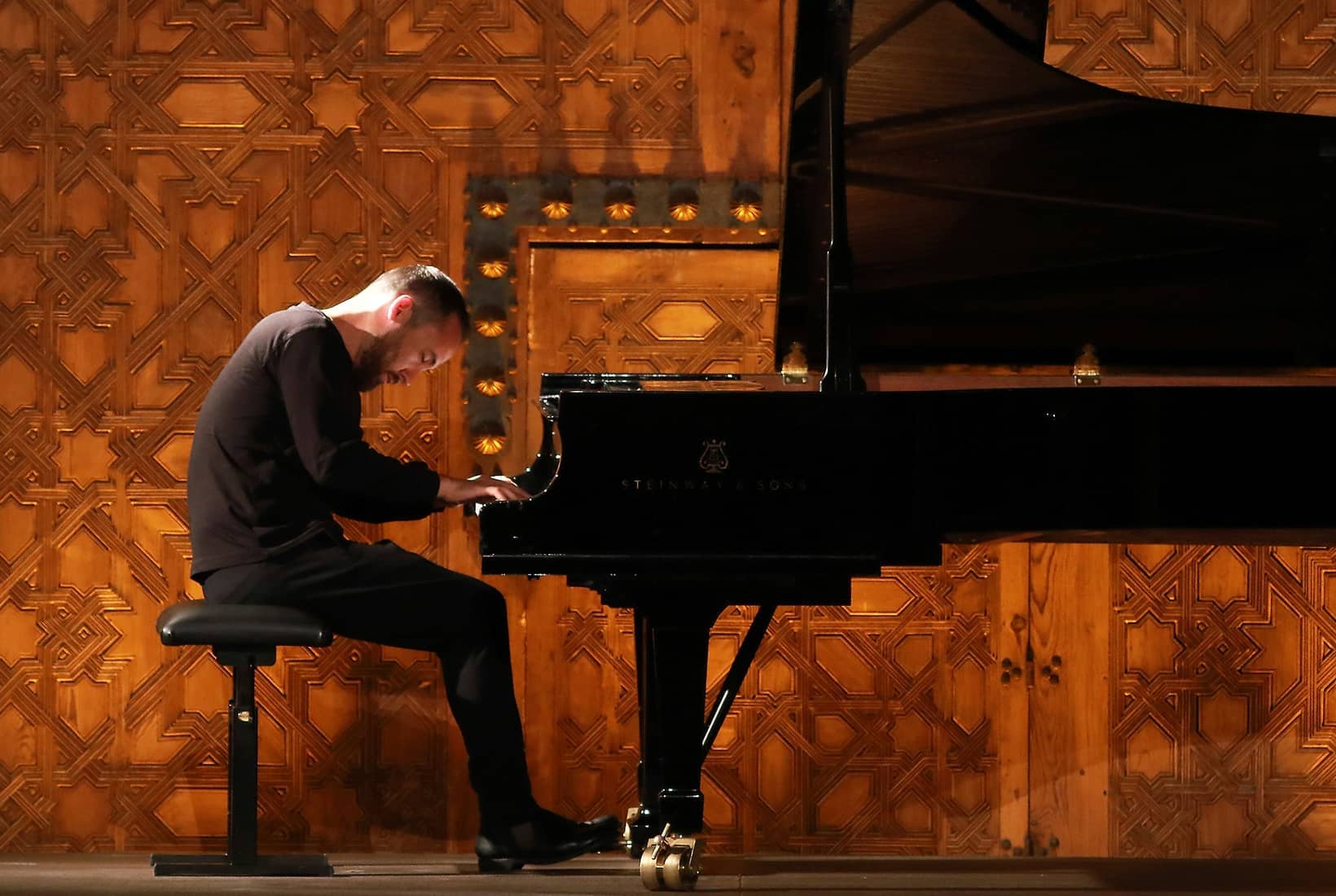Music and politics don’t mix, runs the platitude. Looks a bit tattered now, doesn’t it? For Soviet musicians, of course, it wasn’t a question of whether you were interested in politics. Politics was unambiguously interested in you. Shostakovich wrote his 24 Preludes and Fugues for piano between 1950 and 1951, in the teeth of Stalin’s postwar crackdown, and in adopting the model of Bach, he seems to have been looking for a safe path forward: music that was politically neutral. He dedicated the Preludes and Fugues to the pianist Tatyana Nikolayeva, whose surprise victory at the 1950 Bach competition in Leipzig had been exploited by state propagandists.
Bach himself was a permanent conundrum to the Soviets – that inconvenient fixation with God! – but by 1950, with Leipzig safely behind the Iron Curtain, he was being reinvented as a proletarian genius, oppressed by the constraints of bourgeois religion. In that climate, a Soviet homage to Bach was a reasonably safe gambit, though Shostakovich’s Prelude and Fugues can give the impression (initially, at least) of a composer who’s avoiding eye contact. For the musicologist Richard Taruskin, the whole cycle serves as a ‘spiritual analgesic’.
Shostakovich seems to have been looking for a safe path forward: music that was politically neutral
It’s hardly the most bracing idea to carry with you into a three-hour piano marathon; even when the pianist is Igor Levit. Levit’s reputation – I don’t say cult – has ballooned since he won Gramophone’s 2016 Record of the Year. He’s taken to making Barenboimish pronouncements on the state of humanity, and the Wigmore Hall’s lighting was dimmed right down, as if his aura might evaporate under direct light. The whole pianist–as-priest thing is an acquired taste, and I’ve clung to the memory of the first time I heard his name – about 15 years ago, at second hand from an orchestral player who was open-mouthed with awe after the young (and then unknown) Levit had stepped in at short notice to play a Beethoven concerto.








Comments
Join the debate for just £1 a month
Be part of the conversation with other Spectator readers by getting your first three months for £3.
UNLOCK ACCESS Just £1 a monthAlready a subscriber? Log in